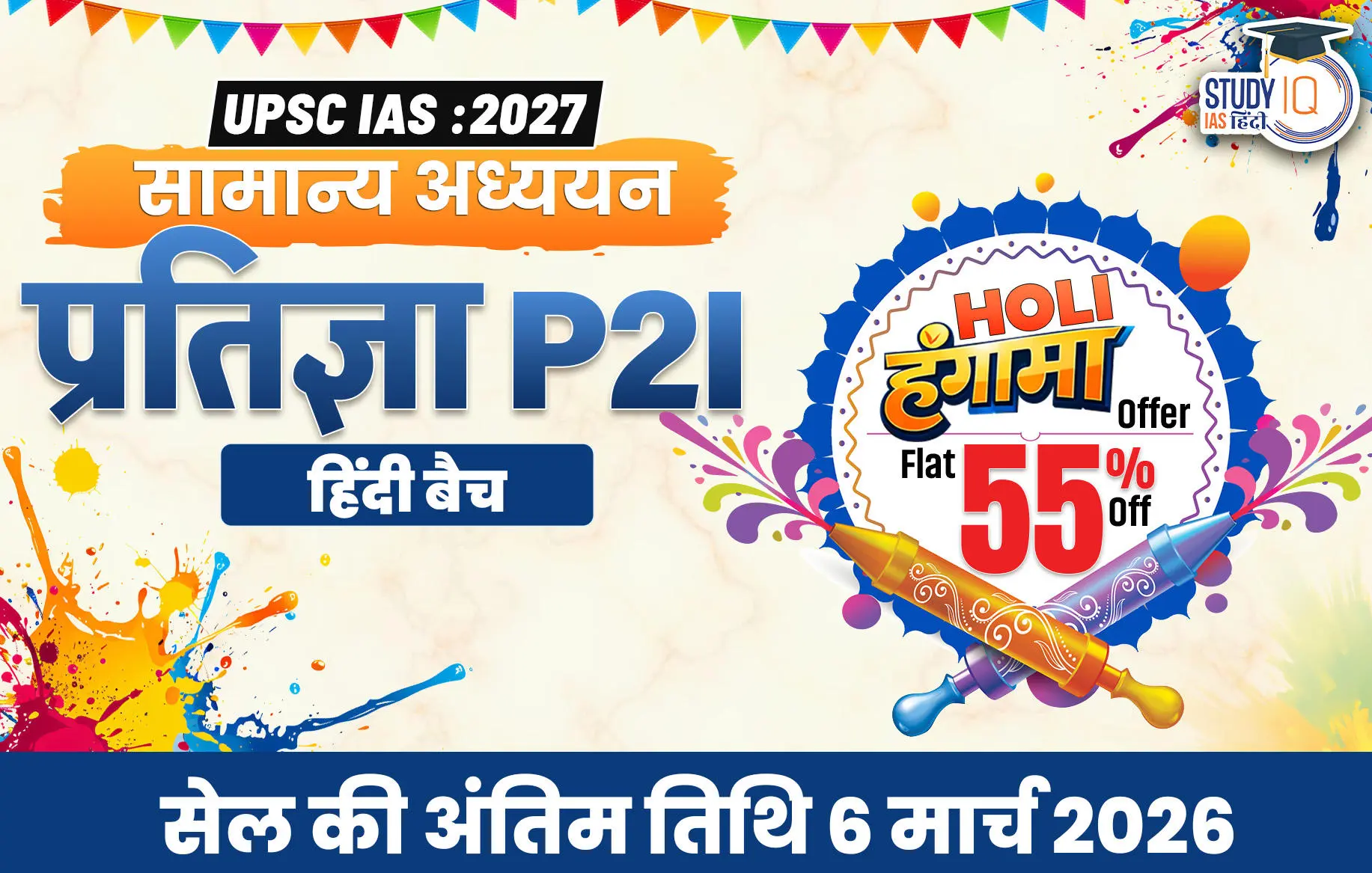Q3(a). “Those who in trouble untroubled are, Will trouble trouble itself.” – Thiruvalluvar
| Approach: Begin by explaining Thiruvalluvar’s quote, highlighting the ethical virtue of equanimity and resilience. Discuss how calmness aids leadership, social harmony, and personal growth, citing thinkers like Seneca and Gandhi. Link the virtue of equanimity to practical aspects—crisis management, conflict resolution, integrity, and public trust—with contemporary examples. Summarize by emphasizing that inner calm is a timeless ethical principle essential for effective and moral public service. |
“Those who in trouble untroubled are, will trouble trouble itself” conveys the timeless ethical truth that resilience and inner calm can disarm adversity. It underlines the moral virtue of equanimity, which is central to both Indian and global ethical traditions.
Equanimity is difficult today due to high-pressure governance, political polarization, fake news, emotional stress, conflicting expectations, global crises, and a culture that values aggression over calm, balanced, ethical leadership.
Relevance of the quote in the present context
- Leadership in crises: Calm administrators inspire confidence and avoid panic-driven governance.
- Emotional intelligence: Equanimity reflects self-control and empathy, vital in decision-making.
- Ethical governance: A balanced mind resists corruption, anger, and political pressure.
- Conflict resolution: Composure allows dialogue, mediation, and consensus-building in polarized societies.
- Public trust: Citizens value impartial leaders who act with stability under pressure.
- Global challenges: Climate change, pandemics, and wars demand resilient, composed leadership.
- Personal resilience: Equanimity protects the mental health of civil servants under stress.
- Philosophical grounding: Resonates with the Bhagavad Gita’s samatvam, Stoic philosophy, and Buddhist upekkha.
- Moral strength: True power lies not in aggression, but in calm endurance.
- Social re-engineering: Equanimity helps sustain reforms despite resistance and criticism.
Equanimity can be inculcated through mindfulness, meditation, and emotional intelligence training, helping leaders remain calm under stress. Value-based education and ethical role models reinforce patience and balance. Transparent governance structures reduce pressure, while philosophical grounding from the Gita, Stoicism, and Buddhism provides ethical strength for contemporary decision-making.

 UPSC Final Result 2025 Soon: Check CSE M...
UPSC Final Result 2025 Soon: Check CSE M...
 UPSC Correction Window 2026: Dates, Dire...
UPSC Correction Window 2026: Dates, Dire...
 UPSC CSE 2026 Last Date Extended to 27 F...
UPSC CSE 2026 Last Date Extended to 27 F...




















